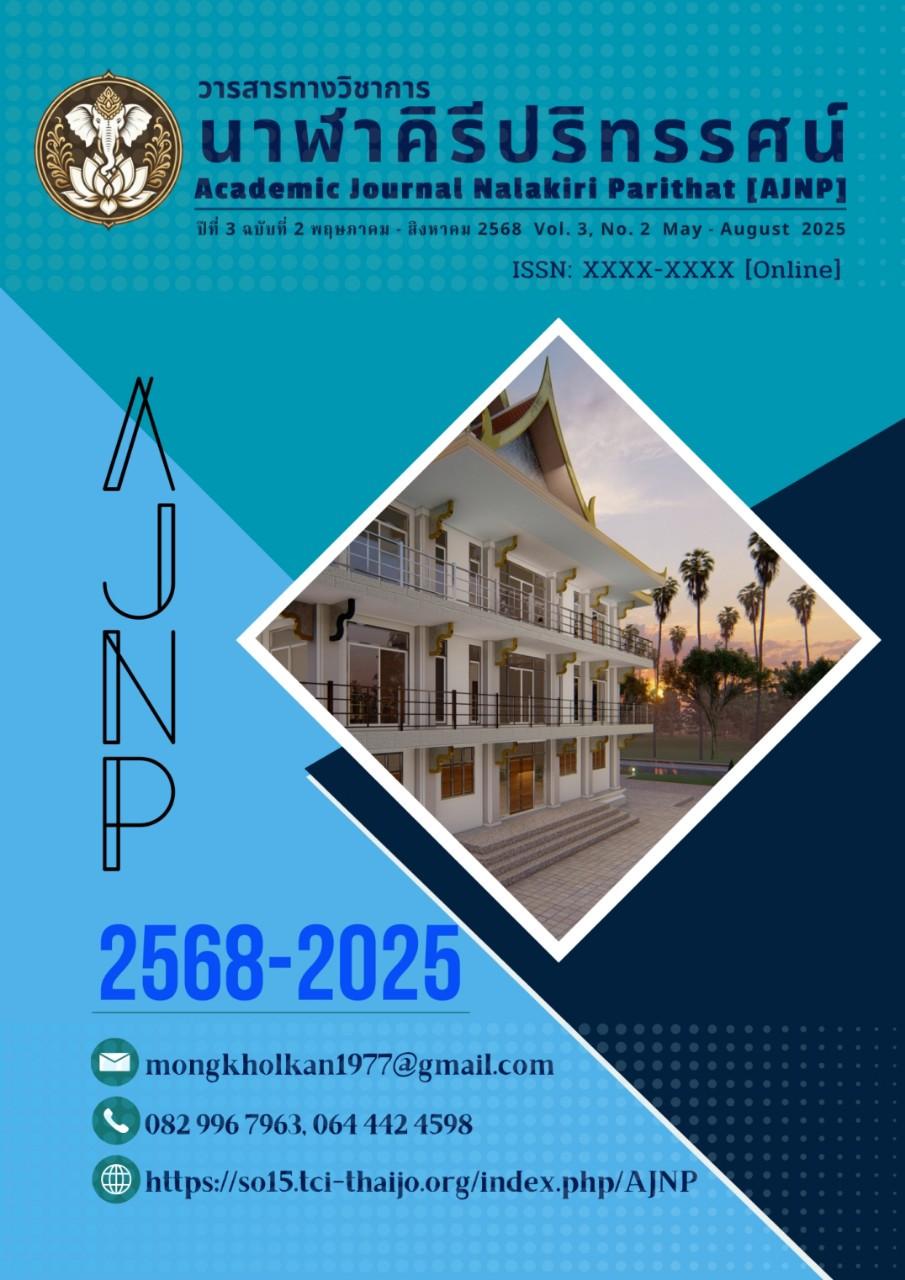AN ANALYZED STUDY THE IDEAS OF ANAXAGORAS
Keywords:
The concept of Nous, Cosmology, AnaxagorasAbstract
This article attempts to study the philosophical ideas of Anaxagoras as a pre-Socratic Greek philosopher who made important contributions to the fields of metaphysics, cosmology, and biology. His ideas challenged the prevailing views of his time. and laid the foundation for later philosophical developments. Although his ideas were broad, it can be concluded that he proposed that everything in the universe consists of infinitely divisible and indivisible particles called "sense" or "sense seeds". these particles are the basic component of all matter and consists of various aspects of reason or wisdom within This idea laid the foundation for later theories of atomism. He believed that the senses or the mind were the driving force behind order in the universe. It was intelligence (Nous: mind, intellect) that made things happen. Movement and control of natural processes, His emphasis on the role of the mind in the universe was a significant departure from the mythological descriptions of his predecessors. Cosmology is created by the mixing and fission of sense particles. He rejected earlier cosmological ideas that attributed celestial events to gods or mythical forces. Instead, he sought natural explanations for cosmic phenomena. He noted that Sense particles are the only things that have intelligence. while other things In the material world there is no reason. This concept influenced later philosophical studies of the mind-body problem and the nature of consciousness
References
Anna Marmodoro. (2017). Everything in Everything: Anaxagoras's Metaphysics. Oxford University Press.
Brauneis, Robert. (2009). Intellectual Property Protection of Fact-based Works: Copyright and Its Alternatives.
C. D. Yonge. (1895). Diogenes Laërtius: Lives and Opinions of Eminent Philosophers. The Royal Publishing Company.
C.C.W. Taylor. (1999). The atomists, Leucippus, and Democritus: fragments, a text and translation with a
Commentary, University of Toronto Press Incorporated.
Cornford, Francis Macdonald. (1957). Plato’s Cosmology: The Timaeus of Plato. New York: Liberal Arts Press.
Couprie, Dirk (2004). "How Thales Was Able to "Predict" a Solar Eclipse Without the Help of Alleged Mesopotamian Wisdom". Early Science and Medicine. 9 (4): 321–337. doi:10.1163/1573382043004631. ISSN 1383-7427.
Furley David. (2002). Anaxagoras, “Plato and Naming of Parts.” Presocratic Philosophy. Eds. Victor Caston and Daniel W. Graham. Burlington VT: Ashgate Publishing Limited.
Gershenson, Daniel E., & Greenberg Daniel A. (1964). Anaxagoras, and the Birth of Physics. New York: Blaisdell, Edward Elgar Publishing.
Gert (ed.).(2022). Die Fragmente der Vorsokratiker (in Ancient Greek and German). Rowohlt. ISBN 5875607416.
Guthrie, W.K.C. (1965). A History of Greek Philosophy. Vol. 2. Cambridge: Cambridge University Press.
Laërtius, Diogenes (1925). "Socrates, with predecessors and followers: Anaxagoras" . Lives of the Eminent
Philosophers. Vol. 1:2. Translated by Hicks, Robert Drew (Two volume ed.). Loeb Classical Library.
McKirahan, Richard D. (1994). Philosophy Before Socrates. Indianapolis, IN: Hackett Publishing Company.
Monica R. Gale. (2007). Oxford Readings in Lucretius. Oxford University Press.
Schofield, Malcolm. (1980). An Essay on Anaxagoras. Cambridge: Cambridge University Press.
Sider David. (2005). The Fragments of Anaxagoras. 2nd ed. revised. Sankt Augustin: Academia Verlag,
University of London; Regius Professor of English Literature and Modem History.
Gregory, Andrew. (2013). ‘Leucippus and Democritus on Like to Like and ou mallon,’ Apeiron.
Hasper, Pieter Sjoerd. (2006). ‘Aristotle’s Diagnosis of Atomism,’ Apeiron.
Downloads
Published
How to Cite
Issue
Section
License
Copyright (c) 2025 Academic Journal Nalakiri Parithat

This work is licensed under a Creative Commons Attribution-NonCommercial-NoDerivatives 4.0 International License.



